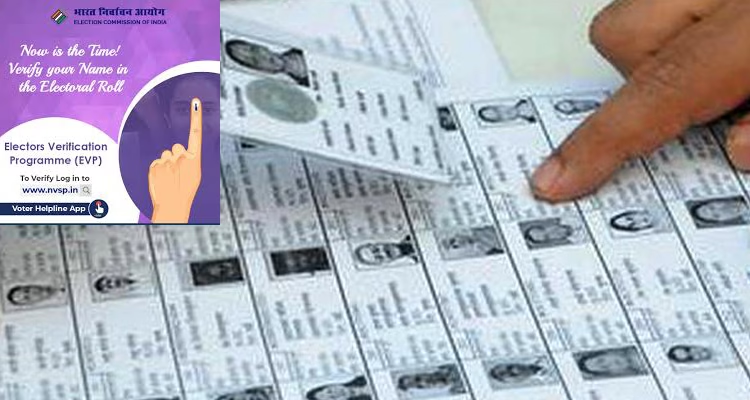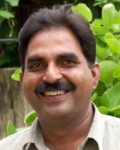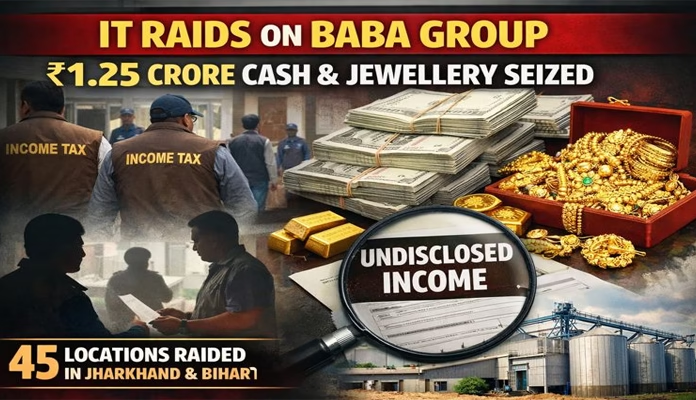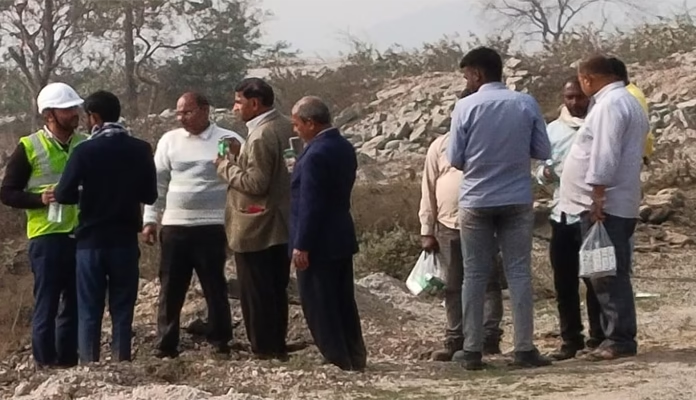
 by Sanjay Saxena
by Sanjay Saxena Ahead of the upcoming Bihar Assembly elections scheduled in a few months, the Election Commission’s step to initiate a Special Intensive Revision (SIR) of the voter list has triggered a political storm. Opposition parties have termed this process as an attack on democracy and a conspiracy to snatch away voting rights from the poor, Dalits, backward classes, and minority communities. On the other hand, the Election Commission is presenting it as a regular and constitutional process, defending its position. This controversy has now reached from the Election Commission office in Delhi to the Supreme Court and has become a major political issue in Bihar. The Supreme Court is expected to hear the matter on July 10.
Opposition parties, especially constituents of the INDIA alliance like the Congress, Rashtriya Janata Dal (RJD), Samajwadi Party, and Communist Party of India, have dubbed this revision process as “voter exclusion.” On July 2, 2025, an 18-member delegation from 11 opposition parties reached the Election Commission office in Delhi and met with officials. This delegation included prominent leaders such as Congress’s Abhishek Manu Singhvi, RJD’s Manoj Jha, and CPI (ML)’s Dipankar Bhattacharya. Separately, Asaduddin Owaisi also met with the Election Commission to present his party’s stance. The opposition alleges that this process was launched hastily and is a conspiracy to remove poor, rural, and marginalized community members from the voter rolls.
Congress leader Abhishek Manu Singhvi stated that there are around 7.75 crore voters in Bihar, and it is impossible to verify such a large number within a few months. He argued that this process targets those who lack documents like birth certificates or proof of parents’ citizenship. RJD leader Tejashwi Yadav went even further, calling it an attack on democracy. He questioned why such revision is being carried out only in Bihar when a nationwide revision took place in 2003. He also raised concerns about launching the process during monsoon season, when floods are common. He asked whether this isn’t a deliberate attempt to exclude poor and marginalized voters.
Opposition leaders argue that the 11 documents demanded for verification such as passports, birth certificates, and proof of parents’ citizenship are not available to most poor and rural citizens. Tejashwi claimed that out of Bihar’s over 8 crore voters, 60% would be required to prove their citizenship, which is especially challenging for Dalits, backward classes, and minorities. AIMIM MP Asaduddin Owaisi called the process disorganized and unscientific, noting that it has already been done before and there is no justification for repeating it. Congress President Mallikarjun Kharge posted on X, calling it a conspiracy by BJP-RSS to snatch away voting rights of Dalits and the deprived. Yogendra Yadav estimated that this process could lead to the deletion of 4.76 crore voters and described it as a “voter cleansing operation.”
Meanwhile, the BJP and NDA have rejected the opposition’s allegations, stating that the process is essential for fairness and transparency. BJP leader Ravi Shankar Prasad sarcastically remarked that those whose rule was marked by booth capturing and violence are now bothered by fair processes. However, some NDA allies, like JD(U) and Lok Janshakti Party (Ram Vilas), have subtly expressed concerns over the timeline of the process. Overall, it appears that while the revision of the voter list may be a routine process, its timeline and the documents demanded have made it controversial. The opposition sees it as a conspiracy against poor and marginalized communities, while the Election Commission views it as a step toward strengthening democracy. This issue is set to intensify political debates in Bihar and will likely impact the 2025 Assembly elections. The Supreme Court’s decision may prove decisive, but until then, the matter will remain a hot topic among the public and political circles in Bihar. The opposition’s objections have now taken legal shape. SP MP Kapil Sibal, TMC MP Mahua Moitra, RJD’s Manoj Jha, and several NGOs have approached the Supreme Court demanding the cancellation of the process. Senior advocates Kapil Sibal and Abhishek Manu Singhvi have requested an urgent hearing, arguing that completing such a process in such a short time is impossible and violates the Constitution. The hearing is scheduled for July 10, 2025.
The Election Commission has dismissed these allegations, asserting that the process is entirely constitutional and routine, carried out periodically over the past 75 years. The Commission says the aim is to remove illegal immigrants from Nepal, Bangladesh, and Myanmar from the voter list and to ensure that only Indian citizens have the right to vote. Chief Election Commissioner Gyanesh Kumar clarified on July 4 that the process would be completed on time and with full transparency, with active participation of election officials and political parties. The Commission also stated that based on the 2003 voter list, 4.96 crore voters will not need to submit documents. Additionally, it addressed a misconception, saying that a newspaper ad suggesting only form-filling was misleading. The draft list will include the names of voters whose enumeration forms have been received. The Commission further stated that this process will also be implemented in Assam, Kerala, Puducherry, Tamil Nadu, and West Bengal, with the goal of updating the voter list, removing deceased voters, and adding new voters aged 18 and above.




